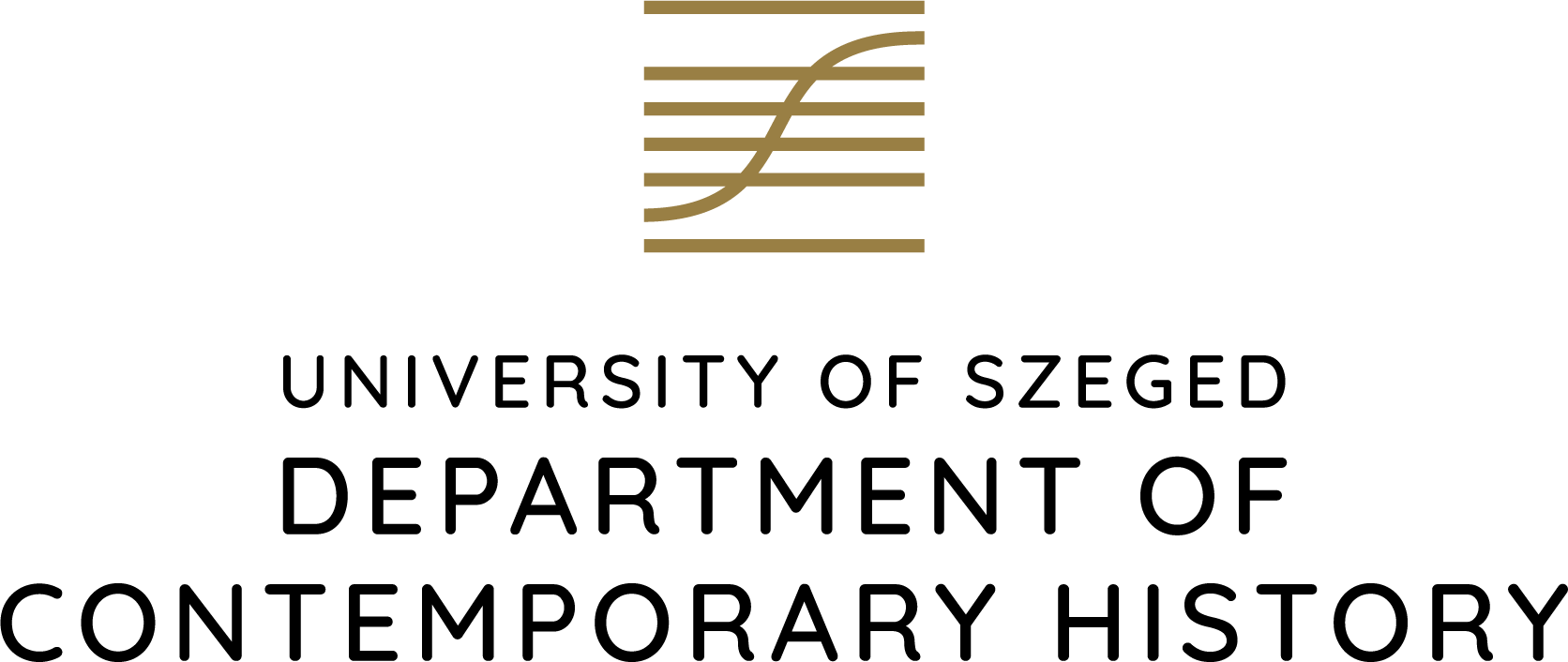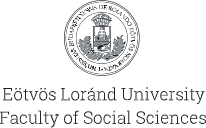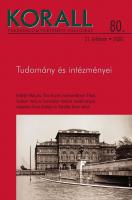
A two-day manuscript discussion
The first meeting in the new year was an extraordinary one. On the one hand, it lasted for two days, and on the other hand we had special guests. We started with the discussion of Melinda Kalmár‘s working paper. However, the main topic of the long session was the thematic issue of Korall, dealing with history of the globalization. One of our guests was Judit Klement, an editor of the journal. Manuscripts of Péter Bencsik, Gábor Koloh, Péter Nagy, Melinda Kalmár, Katalin Baráth and Zsombor Bódy were debated, just as the study of our other two guests, Máté Zombory and Márk Kékesi.
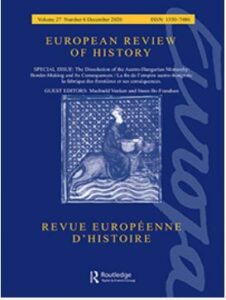
Péter Bencsik’s article on the pages of the European Review of History
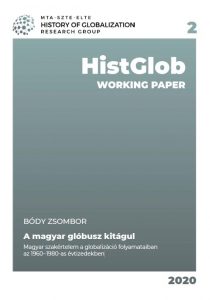
Publication plans and manuscripts
Our November meeting – still in an online form – took place in December. First we discussed Katalin Baráth‘s study which is being prepared for the history of globalization thematic issue of Korall. Later on, our publication plans were outlined, including the coming issues of our HistGlob Working Paper series. The second issue will be published soon by Zsombor Bódy. Next year, Melinda Kalmár will write a longer study to be published in the series in two parts.
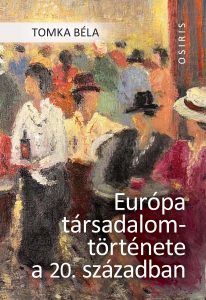
A social history of Europe – reconsidered
A fully revised and updated edition of Béla Tomka’s book titled A social history of Europe in the 20th century has been published. In addition to giving a comprehensive knowledge, the book presents many interesting social problems, including those from the current century. The author pays special attention to the problem of the diversity and unity of European societies, and to international comparisons, including the social development of Hungary.
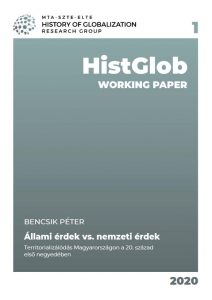
Key thinkers and Working Papers series
Our October meeting was held in November and again on a web-based platform. Continuing the introduction of the key thinkers of globalization, Zsombor Bódy summarized the work of Manuel Castells. Our new publication series called HistGlob Working Papers, will be launched in the near future. The first issue will feature a study by Péter Bencsik, which we discussed in depth during today’s session.
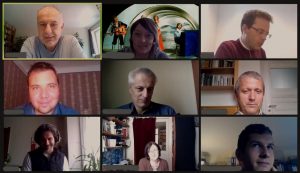
Online meetings continued
Our September session also took place online. We have started to introduce the key thinkers of globalization. This time Márkus Keller talked about Saskia Sassen. Later on, we discussed the next-year issue of the social history journal, Korall, which will be a thematic issue presenting the studies of our research group. Among the authors, Péter Nagy and Péter Bencsik has already outlined their plans about these future studies.
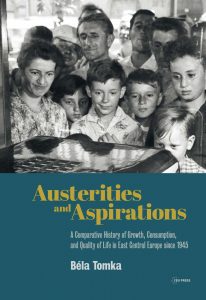
Béla Tomka's new book
Béla Tomka’s new book, titled Austerities and Aspirations: A Comparative History of Growth, Consumption, and Quality of Life in East Central Europe since 1945 has been published by CEUPress. The monograph compares the broadly interpreted well-being of East-Central European states, and thereby placing the analysis in a wider European context. Beyond the conventional paradigm of economic growth, the author examines the fields of consumption, leisure time and quality of life too. More information is available here.
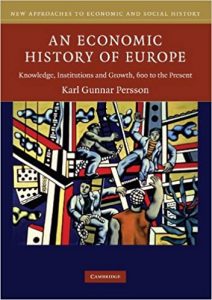
Workshop
The members of the research group, accompanied by Pál Germuska, Gábor Gyáni and György Kövér held a workshop on June 24, 2020. After the opening words of Béla Tomka, presentations of Pál Germuska, Gábor Koloh, Katalin Baráth and Zsombor Bódy were held with a short discussion.

Demography, mobility, border crossings
During our third virtual meeting, we discussed the long-term plans of the research group. Later on, we commented on Gábor Koloh’s brand new manuscript titled „Marriage mobility in Southern Transdanubia: Regional endogamy in and around Vajszló, 1750–1949”).
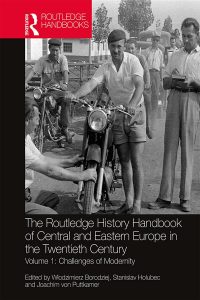
Handbook on the 20th-century history of Central and Eastern Europe
Béla Tomka and Zsombor Bódy, our colleagues, have contributed to the first volume of “The Routledge History Handbook of Central and Eastern Europe in the Twentieth Century” (subtitled “Challenges of Modernity”). The four-volume series is one of the most important international coproductions in this field over the last two decades. For more information see the home page of the publisher.


